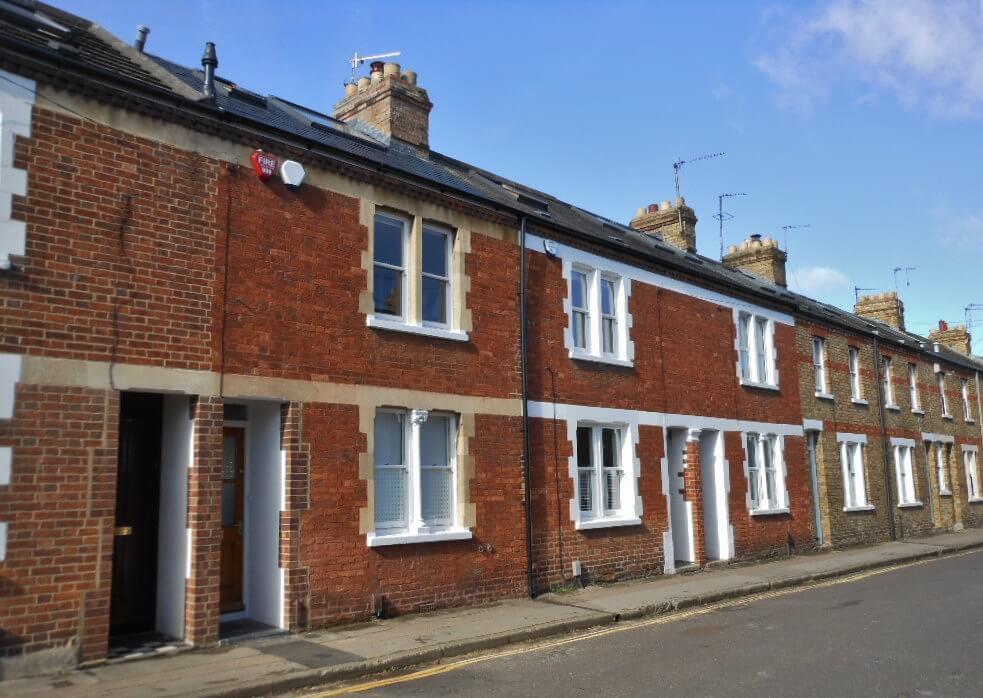Sky News research suggests government plans to build hundreds of thousands of new homes is unlikely to solve the housing crisis.
The UK is facing not one but five concurrent mini housing crises – each with dramatically different consequences and solutions, research from Sky News finds
They are:
:: A supply crisis: The traditional housing crisis most often referred to by politicians, with not enough homes to fill the demand
:: An under-occupation (distribution) crisis: In many parts of the country there are more than enough bedrooms for every potential household, but many of those bedrooms are left empty in big homes, pushing some potential homeowners out of the market.
:: A demand crisis: With some areas of the country facing weak income growth and a slow local economy, there are many regions and towns with more homes than buyers.
:: A quality crisis: For many homes, the big problem is neither supply nor demand but the state of the building. Much of the country’s accommodation has fallen into disrepair.
:: An affordability (access to credit) crisis: In many regions buyers are struggling to get onto the ladder because they simply can’t raise the necessary funds. Meanwhile in some areas cheap credit for the well-off has pushed up house prices disproportionately.
Great article from Sky News with some fantastic analysis on the range of issues currently affecting the UK property market. It’s great to see some commentary on various locations within the UK as opposed to comments attempting to diagnose the market as a whole. As detailed in Ed Conway’s article, there are different issues affecting various areas such as Ceredigion, Blackpool, Liverpool and Thanet; where we reported in a recent article (regarding the rental sector) that a high proportion of homes are old and in disrepair.
Michael Fyffe, Truuli Property Expert
As reported within many parts of the UK – albeit most commonly London and the South East – the market is determined by how easily and cheaply prospective purchasers can borrow funds rather than by measurement of actual housing needs. Second homes are very popular with many budding investors who now look at buying family homes with the intention of applying for HMO licences.
Interestingly enough and despite all the current scaremongering taking place with regards to Brexit, demand for properties in London remains extremely high. Whilst we are most certainly in what industry professionals call ‘a buyer’s market’, there are still many properties having sales agreed within a short time of entering the market. In this situation, vendors price their properties competitively in relation to others, rather than opting to market with the agent that provides the highest valuation.



